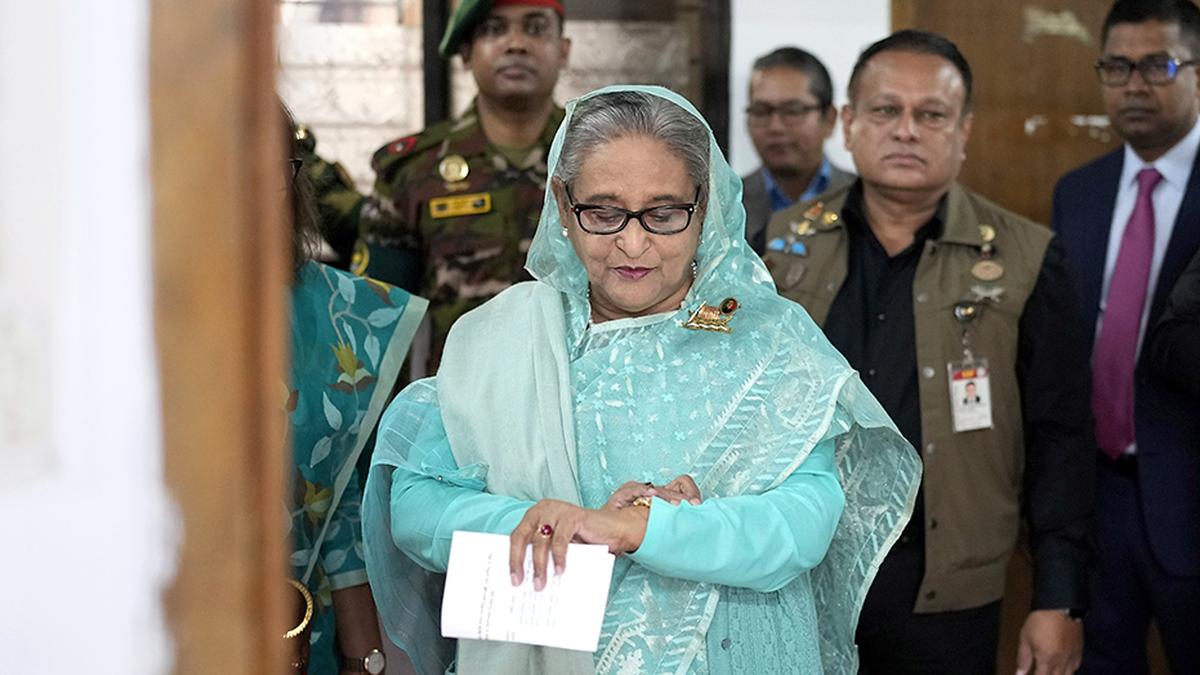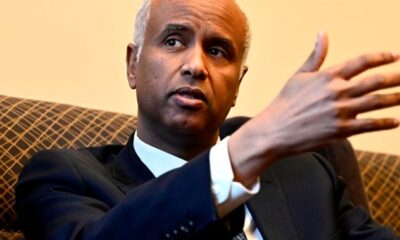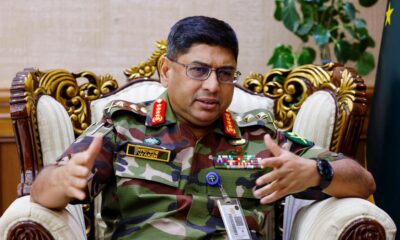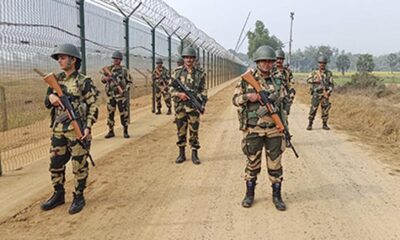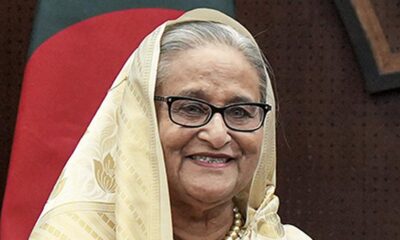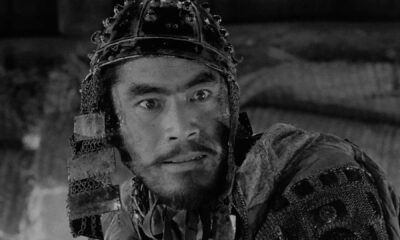Bangladesh has ordered a commission to investigate the failed 2009 army mutiny and subsequent crackdown, including the alleged involvement of “foreign” backers, according to the inquiry chief.
The violent mutiny shocked the nation and ended with the army suppressing the mutineers, resulting in numerous arrests and death sentences.
An earlier official investigation attributed the mutiny to pent-up anger among ordinary soldiers who felt neglected in terms of pay rises and treatment.
However, this investigation took place during Sheikh Hasina’s tenure as Prime Minister, before she was ousted in a revolution and sought refuge in India.
Since her removal, families of the slain soldiers have been advocating for a reopening of the investigation, accusing Hasina of orchestrating a plan to weaken the military for her own gain.
There have been allegations of India’s involvement in this alleged plot, which could strain relations between the two countries.
The commission chief, A.L.M. Fazlur Rahman, stated that the investigation aims to determine if any foreign entity played a role in the mutiny.
The mutineers stole weapons from the Bangladesh Rifles (BDR) headquarters in February 2009, leading to a violent spree in the barracks.
The uprising spread rapidly, with thousands of soldiers supporting the mutineers before being subdued by the army.
Following the massacre, thousands were arrested and tried in military courts, with punishments ranging from death to imprisonment.
The United Nations criticized the trial process for failing to meet basic standards.
Hasina’s rule was supported by India, and she currently remains in India, further straining relations between the two countries.
Dhaka recently requested India to extradite Hasina to face charges of “massacres, killings, and crimes against humanity.”
Published – December 26, 2024 11:00 pm IST

